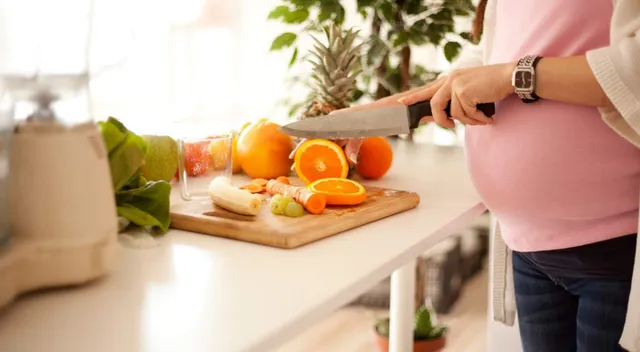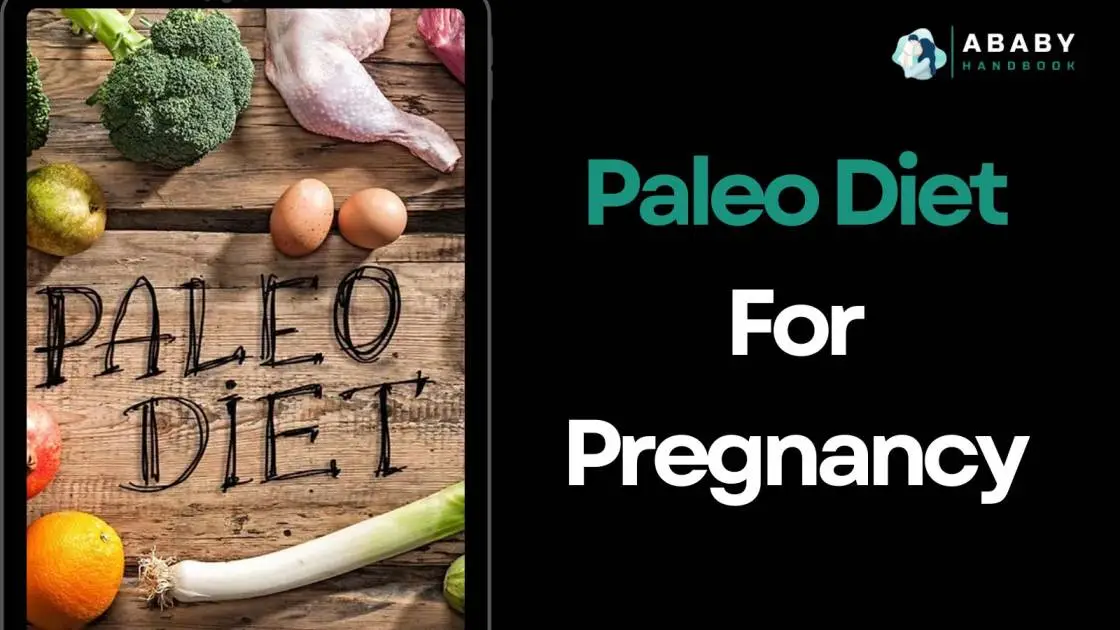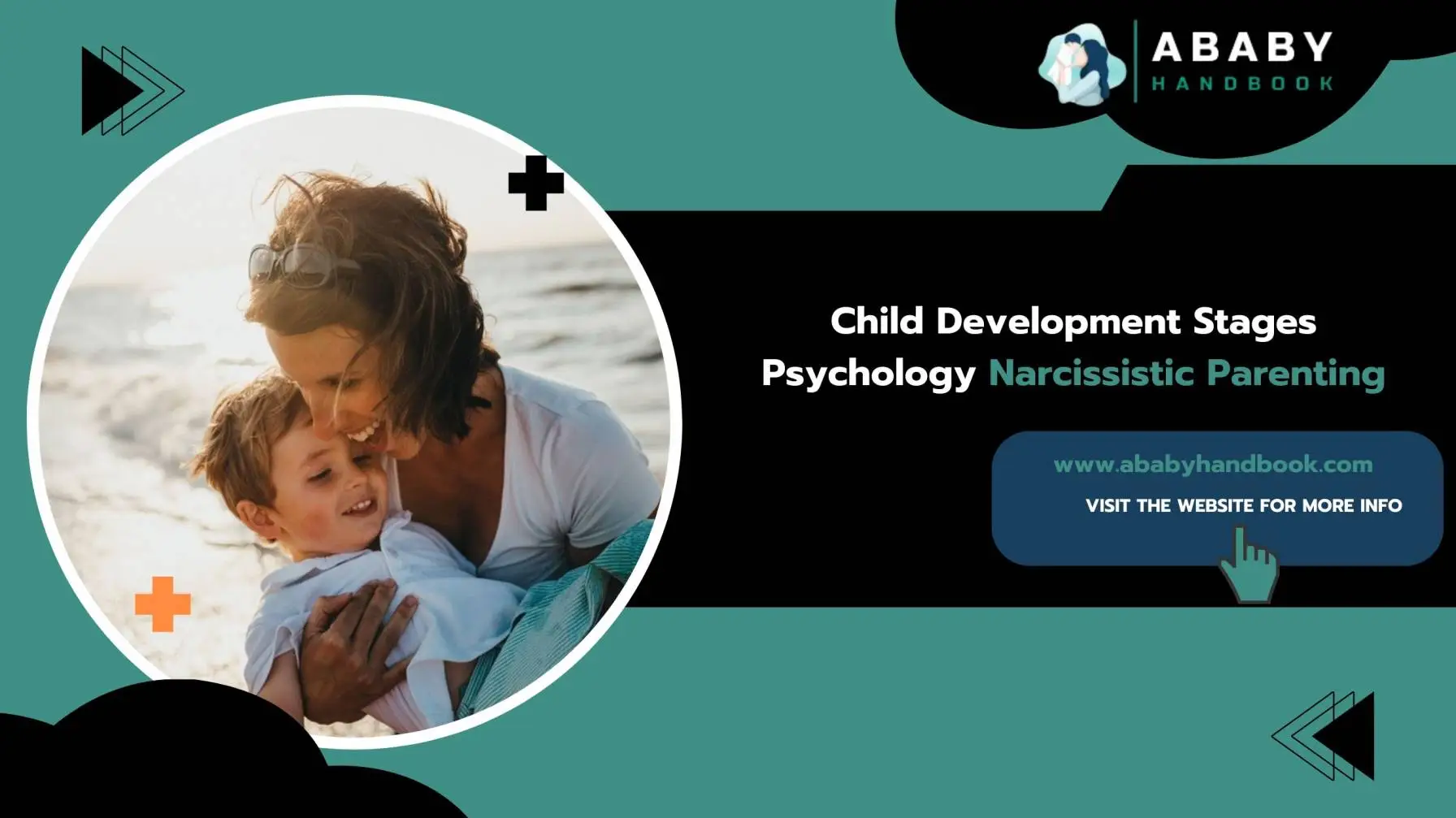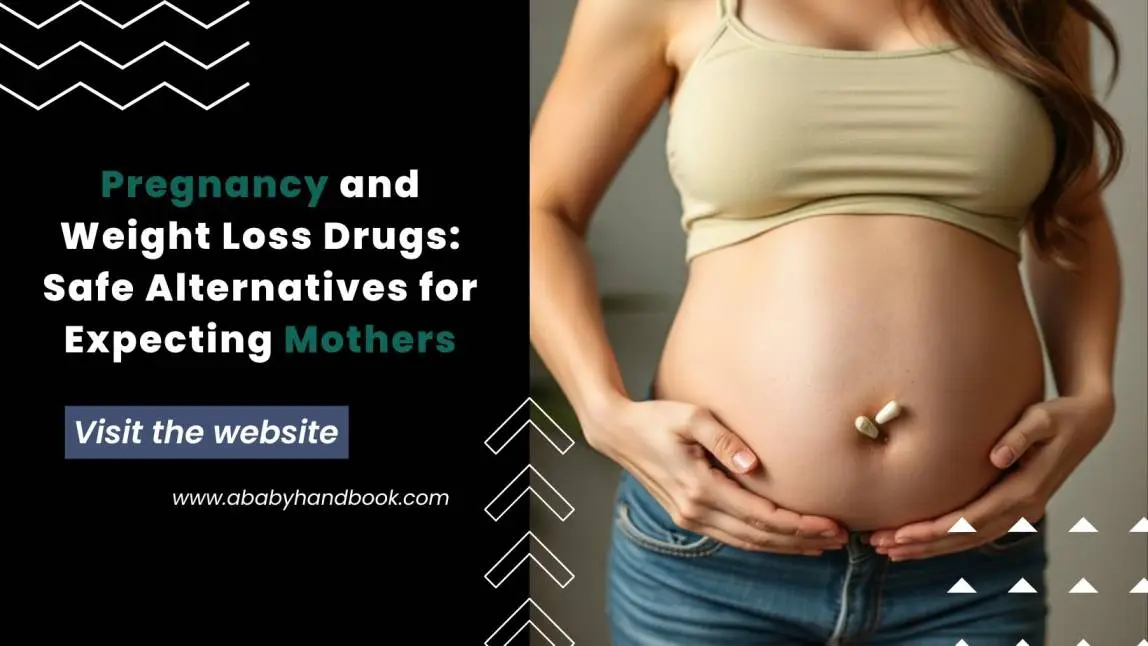Paleo Diet For Pregnancy is good for every ladies during pregnancy that can be used easily. A pregnant woman must eat a nutritious diet in order to maintain her health and that of the baby within her womb. If you are pregnant, you should be aware that a good diet plan has all of the nutrients your body need to generate energy, promote appropriate fetal development, and prepare for labor and delivery
Recommended to read: 1 To 3 Month Pregnancy Diet Chart: Foods to Avoid And Chart Plan
Table of Contents
- Paleo Diet For Pregnancy: How to Follow a Paleo Diet?
- What is a Paleo Diet?
- Results of the First Study on Paleo Diet For Pregnancy
- Can You Try the Paleo Diet During Pregnancy?
- Benefits of Paleo Diet During Pregnancy:
- Are There Any Risks of Going Paleo While Pregnant?
- Paleo Diet Modifications for Pregnant Women
- Macronutrients and Pregnancy
Paleo Diet For Pregnancy: How to Follow a Paleo Diet?

What is a Paleo Diet?
The Paleo Diet For Pregnancy, often known as the Caveman's diet, focuses on the foods that our predecessors and progenitors consumed. This diet's constituents consist entirely of natural components. It contains no farm-grown or processed ingredients.
Results of the First Study on Paleo Diet For Pregnancy
Although this is a small research rather than a clinical trial, the findings on the influence of a Paleo Diet For Pregnancy during pregnancy are intriguing.
The glucose challenge test
The group following a paleo diet scored much lower on the glucose challenge test, which is used to screen for gestational diabetes.
Anemia
The paleo group also had reduced anemia (as shown by considerably greater hemoglobin and ferritin levels.
Can You Try the Paleo Diet During Pregnancy?
Paleo is a particularly healthy diet to follow during pregnancy since it emphasizes protein and eliminates grains. It also involves the ingestion of natural oils such as olive oil and omega-3 fatty acids, which are necessary to maintain both the mother's and the unborn baby's neurological systems healthy.
Iron is required during pregnancy since anaemia is a serious and prevalent problem among pregnant women. It also helps to grow muscles, which is important during delivery. A pregnant woman may acquire adequate iron by eating meat according to the paleo diet and pregnancy.
Benefits of Paleo Diet During Pregnancy:
The Paleo diet, with a few tweaks, is thought to be a particularly nutritious diet throughout the prenatal period. Some of the advantages are stated below:
- The diet contains various vitamins, minerals, and nutrients required for a healthy pregnancy.
- The Paleo diet boosts your chances of conceiving by lowering homocysteine levels in the blood.
- Omega-3 fatty acids in the diet have a therapeutic effect during the antenatal period. They promote the development of the fetus' brain and eyes. They also assist to avoid pre- and post-natal depression.
- Because of the high iron content, the diet helps avoid anaemia during pregnancy. Furthermore, it restricts the consumption of grains containing phytates, which prevent the absorption of iron, calcium, and zinc.
Are There Any Risks of Going Paleo While Pregnant?
Here are some of the hazards of adopting the Paleo diet while pregnant:
Women who follow the Paleo diet throughout pregnancy, as well as those who increase their consumption of fish and meat at the end of their pregnancies, have offspring who are more likely to have systolic hypertension later in life.
It has been noticed that pregnant women who follow the Paleo diet, which includes more red meat and less carbs, give birth to kids with low birth weight and poor development.
Paleo Diet Modifications for Pregnant Women

As previously stated, the Paleo Diet For Pregnancy may be healthy when pregnant. However, you will need to make a few changes to guarantee a safe pregnancy. Make careful to discuss these changes with your doctor before applying them.
Include more carbs and less protein in your diet, since too much protein might produce a low birth weight.
Consume healthful carbs such as sweet potatoes, berries, and other types of root vegetables.
Macronutrients and Pregnancy
In addition to acquiring all of your micronutrients, pregnancy is not the time to try a very low carb diet. Moderate carbohydrate consumption is really highly advantageous for fertility, and bland carbs such as potatoes and white rice may also be nutritional lifesavers for women who suffer from morning sickness or food aversions. They may not be the most nutrient-dense meals available, but sometimes bland carbohydrates are all you can stomach, and paleo diet in pregnancy starches are much superior to the often advised saltine crackers or pretzels.
Foods to avoid or not
Pregnant women may face dietary limitations, such as refraining from sushi, seafood, soft cheese, and alcohol use.The list of foods is lengthy and sometimes accompanied by severe warnings concerning irreparable birth abnormalities. More often than not, this is accompanied by a good dose of criticism directed at the mother: anybody who considers a cup of coffee is obviously a monster who does not care about her child. As pregnant women often discover, many individuals aren't hesitant to express such judgment on complete strangers in public, as if they really cared about the opinion of a random passer-by at Starbucks.
Read Also: Pregnancy Ab Workout: Can You Do Ab Exercises During Pregnancy?
FAQs: Paleo Diet And Pregnancy

Is the paleo diet safe during pregnancy?
A Paleolithic diet sustained throughout pregnancy may improve glucose tolerance. It may also raise iron and hemoglobin levels. Neonates of women who follow a paleolithic diet are somewhat lighter but suitable for gestational age, with no change in neonatal outcomes.
What is the healthiest diet for a pregnant woman?
During becoming pregnant, the fundamental principles of good nutrition remain unchanged: consume lots of fruits, vegetables, whole grains, lean protein, and healthy fats.
You May Also Like: Birth Control Pills Lessina: The Future of Birth Control Guide
Is paleo diet good for babies?
Not necessarily. paleo diet pregnancy is different for adults and children. Children are at a key period of development and may need minerals that paleo diets lack, such as calcium, vitamin D, and folic acid. Children also need complex carbohydrates, such as whole grains, to power their activities.
What are the three types of foods that pregnant women should eat?
Whole grains include brown rice, millet, oats, bulgur, and whole wheat bread. Protein foods include lean meats like poultry, eggs, shellfish, beans and lentils, nuts and seeds, and tofu. Low-fat or fat-free dairy products include milk, yogurt, cheese, lactose-free dairy, and fortified soy drinks (soy milk or soy yogurt).
Who should avoid the Paleo diet?
Continued low carbohydrate consumption may result in the usage of fat for energy, also known as ketosis. If you wish to follow the paleo diet, you should consult with your doctor or a qualified dietitian, particularly if you have heart, kidney, liver, or pancreatic illness.
What fruits are helpful for the baby's brain during pregnancy?
Banana is another essential food/fruit for baby brain development in the womb due to its high folic acid content.








